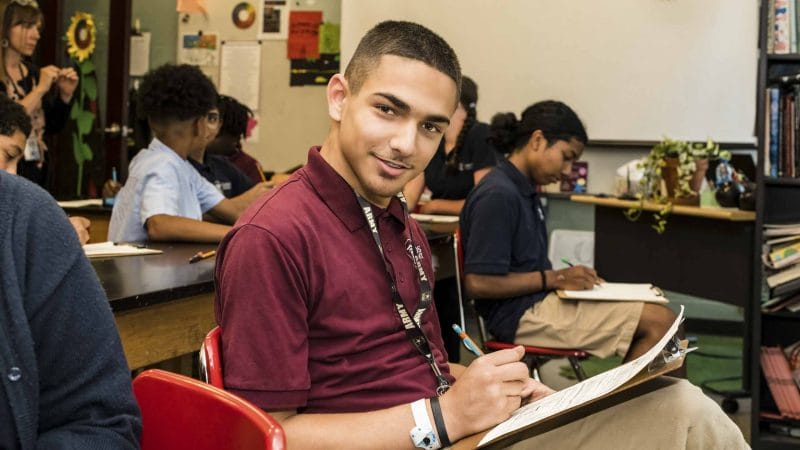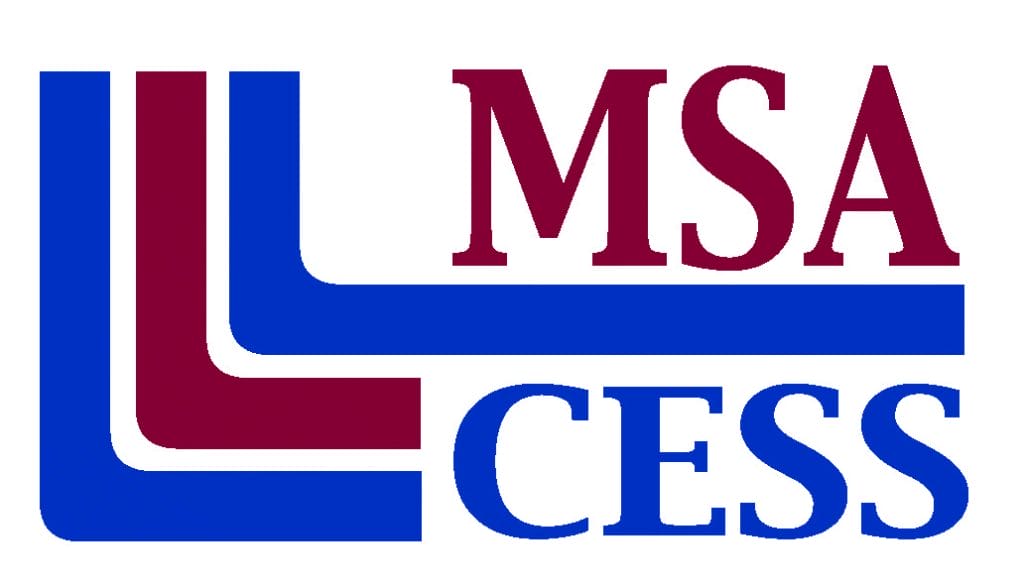
EDUCATIONAL PHILOSOPHY
CHECK OUT LOGOS ACADEMY IN-PERSON
Our philosophy for educating students is simple and transparent. Our education cultivates students with a lifelong love for community, learning, and leadership in service of Christ and His kingdom. Take a look at our core values, explanation for classical education, and our graduation requirements.

5 Core Values
Christ-Centered
We seek to know Jesus, be led by His Word and Spirit, and be shaped by the Gospel. We recognize Jesus as the King of all creation. This reality gives meaning and purpose to everything we do. We commit ourselves to showing respect (for God, people, education, and creation), taking responsibility, and seeking to repair the brokenness in our lives and in our world.
Culturally Diverse
We recognize and celebrate diversity as a gift from God and a demonstration of God’s love for us. We value diversity in our students, families, staff, and city. God has brought us together from various cultural, socioeconomic, denominational, and educational backgrounds. Divided, we all become weakened and impoverished. Together, we are empowered and enriched, building bridges of brotherhood through the love of Christ.
Community Minded
We foster intentional community between our students, families, and staff. Logos Academy also strives to be a good neighbor to our broader community. Jesus commands us to love our neighbors and to seek the peace and prosperity of our city.
Classically Educated
We cultivate students in the Classical tradition of education to become people of wisdom, grace, and virtue in service to God’s Kingdom. This time-tested approach to human formation fosters students who are effective communicators and creative, critical thinkers. As students develop a biblical worldview, they learn to love truth, beauty, and goodness.
Our faculty must meet and maintain rigorous requirements for education and certification or professional experience, as well as personal integrity and an active faith in Christ. Also, every faculty member at Logos Academy is trained in differentiated instruction to succeed with students across multiple learning styles as well as to address some special educational, emotional, and ELL needs. Logos Academy is committed to identifying and serving the specific needs of each student, working closely with parents and community partners to equip students for life through an excellent and vibrant education.
Collaborative Family Partnerships
We believe that a participatory family is critical to what we do during the school day. Parents/Guardians and families are an essential part of the Logos Academy community, and we value each person’s involvement.
Love Can Heal Urban Education
To read more about the important role we believe love plays in education, please read this piece written by our CEO, Aaron Anderson.

What is a classical school?
In Plato’s Republic, Socrates describes education not as the imparting of information, but as the turning of the soul to “see the good” and to “ascend that ascent.” In other words, education is primarily a training to perceive and then to desire the good (“the brightest thing”). To educate is to awaken, to lead, and to inspire.
A distinctly classical education is one in which the inheritance of the ages is treasured and traditioned from one generation to the next. This inheritance, originating in the ancient world, is codified in the liberal arts tradition and enacted in the great conversation. The seven liberal arts: grammar, dialectic, rhetoric, arithmetic, geometry, astronomy, and music are the traditional arts for learning. The liberal arts are not disconnected subjects, but the arts which reveal the nature of reality, as well as the interconnectedness of all living things and all knowledge. The liberal arts liberate people through the cultivation of free-minded individuals and societies, capable of acting for the good. In the ancient world, the posture toward tradition and society was one of trust and duty. Education aims to train individuals to perceive and pursue what is true, good, and beautiful.
Prior to a series of educational changes over the last 150 years, this traditional education was the standard education. Noah Webster in the 1828 American Dictionary of the English Language defined education as follows: “The bringing up, as of a child, instruction; formation of manners. education comprehends all that series of instruction and discipline which is intended to enlighten the understanding, correct the temper, and form the manners and habits of youth, and fit them for usefulness in their future stations. To give children a good education in manners, arts and science, is important; to give them a religious education is indispensable; and an immense responsibility rests on parents and guardians who neglect these duties”. Compare this robust vision of human formation with the reductionistic idea of simply gaining knowledge and skills for the workforce that is so common today.
A Christian education is nothing short of partaking of the divine nature (2 Pet. 2:4), becoming one with Christ (Rom 6:5). Christ is the wisdom of God; the fulfillment and fullest expression of all human wisdom. The vision of Classical Christian education is that in teaching with all wisdom, we may present everyone mature in Christ (Col. 1:28). This wisdom is principally revealed in the cross, an upside-down wisdom in which the foolish, weak, low, and despised reveal the power of God.
At Logos Academy, we are joining with other schools around the country and around the world in renewing this traditional form of education by helping students find their identity in Christ and receiving their inheritance from the generations that have gone before them. A proverb of the Yoruba people states: “Where you will sit when you are old shows where you stood in youth.” We want our children to be grounded in their history and identity. We are committed to equipping our students to live faithfully today, facing all the challenges before them with humility and courage, grounded in who they are as children of God and as inheritors of the wealth of the ages that have gone before us. Following in the words of Martin Luther King Jr., we are cultivating “intelligence plus character.”
Graduation Requirements
Full four-year course of high school requires (at a minimum):
- 3 credits in math: including algebra I, algebra II, and geometry (with further options of: pre-calculus, business math, and calculus)
- 3 credits in science: including biology, chemistry, and physics (with further options of: Pennsylvania Natural History)
- 5 credits in English language arts: including literature and senior thesis
- 4 credits in social studies: including history (U.S. and world), geography, and civics
- 2 credits in Bible
- 2 credits in Spanish
- 2 credits in the fine arts: music, performing arts, or visual arts
- 2 credits in health and PE
- 0.5 credits in enrichment/elective courses
23.5 total credit hours
Transfer students must earn the following credits (at a minimum):
- 3 credits in math: including algebra II and geometry
- 4 credits in English: including literature and senior thesis
- 3 credits in science: including biology, chemistry, and physics (at least 2 lab courses)
- 5 credits in social studies: including at least 3 credits history/civics/geography (both U.S. and world) as well as at least 1 credit in Bible
- 2 credits in foreign language: with both credits in the same language
- 2 credits in the fine arts: music, performing arts, or visual arts
- 1.5 credits in health and PE
- 0.5 credits in enrichment courses
21 total credit hours
Logos Academy's four-year course of high school study exceeds all typical college admission requirements. Even our minimum requirements for transfer students either meet or exceed all of these typical college admission requirements (certain colleges/universities have more rigorous requirements for certain majors/course of study):
- 3 or 4 English credits (including traditional courses such as speech, composition, and American or English literature)
- 3 or 4 Math credits (typically with Algebra II and Geometry being required)
- 3 Laboratory science credits (or more in a few cases and typically including biology, chemistry, and physics)
- 3 Social studies or history credits: (typically including some U.S. history/civics and world history)
- 2 Foreign language credits in the same foreign language (or more in a few cases)
- 2 Fine art credits (including music, visual arts, and drama)



